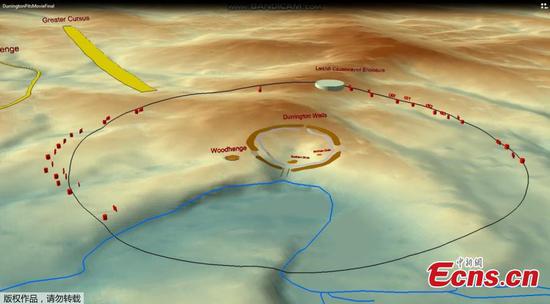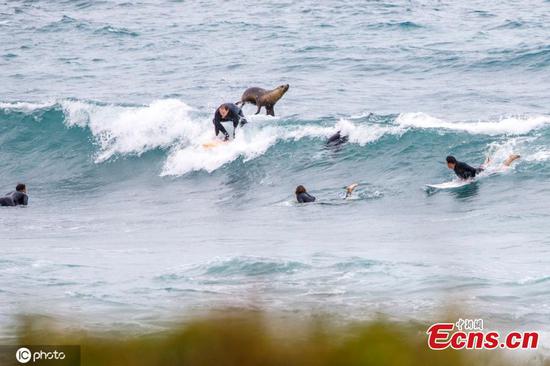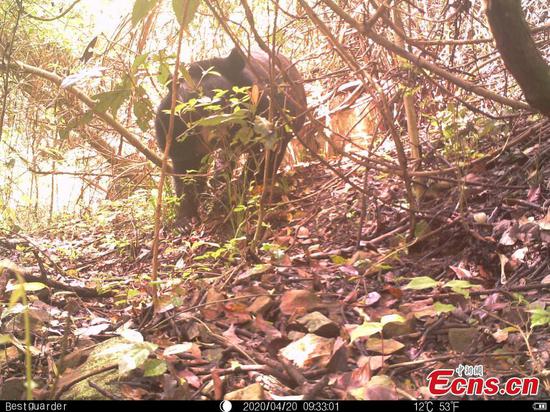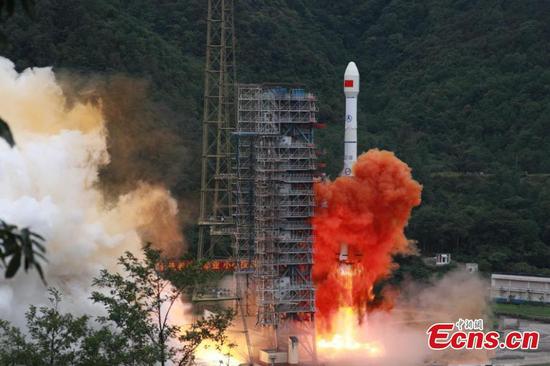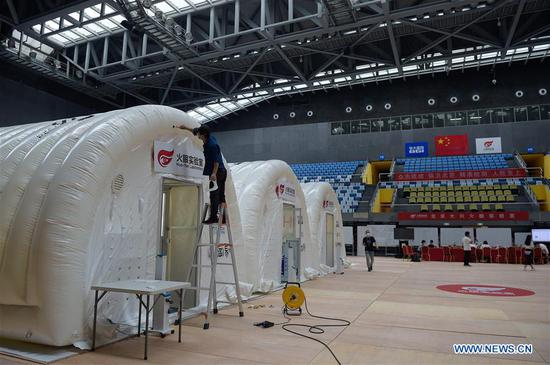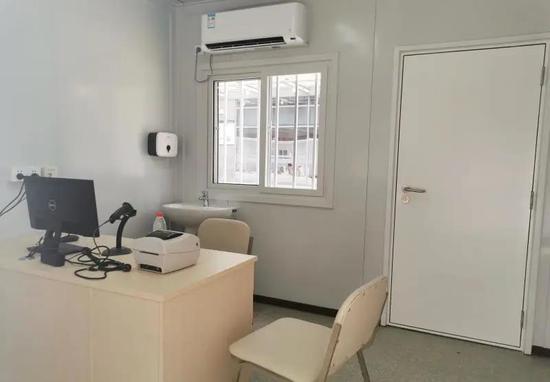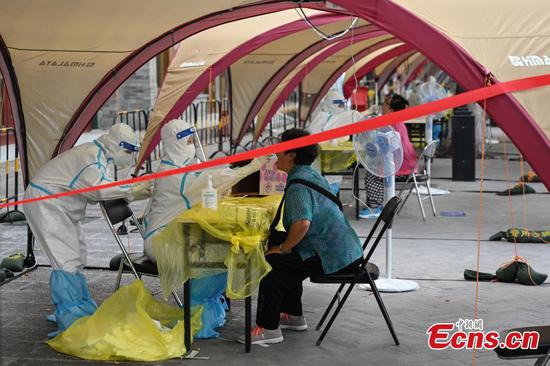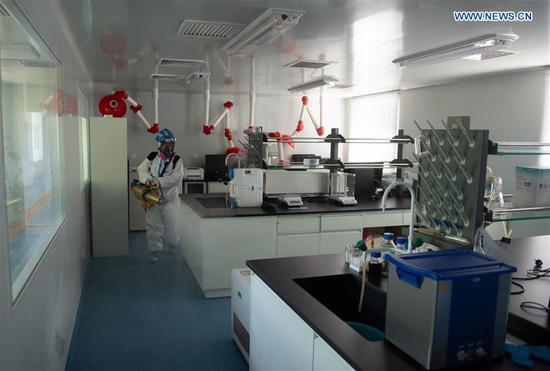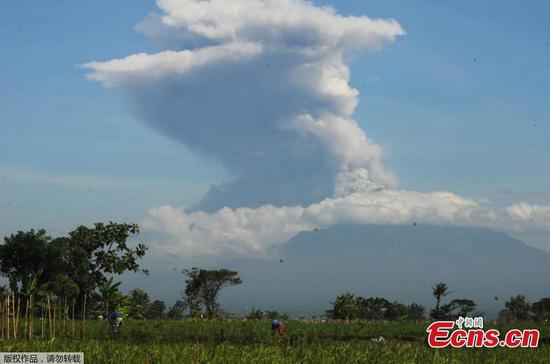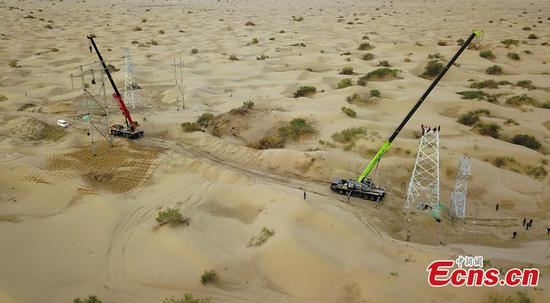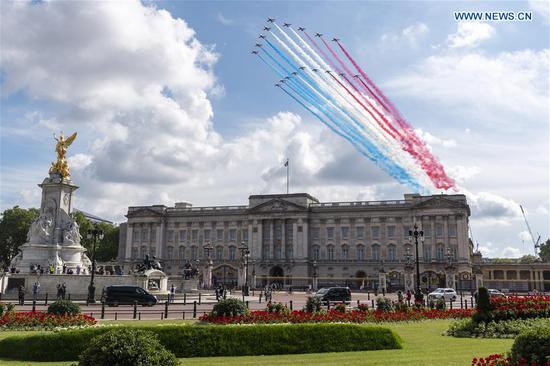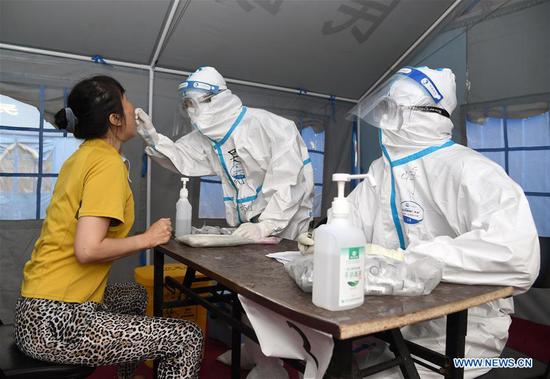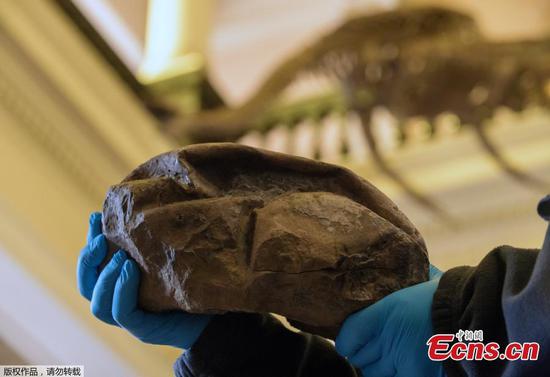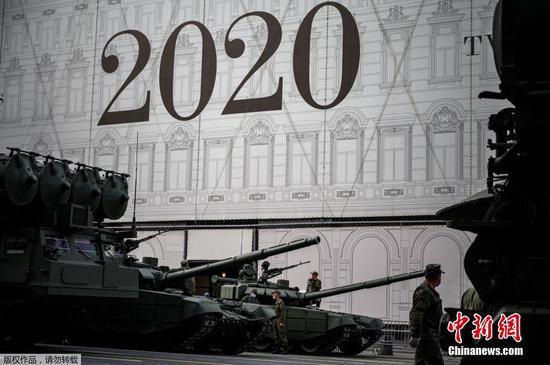The first round of new disarmament talks between the United States and Russia has ended here with no tangible results, as the New Strategic Arms Reduction Treaty (New START) will expire in months.
After full-day talks at the Niederoesterreich Palace in the Austrian capital, the Russian Foreign Ministry only said that "discussion on prospects for arms control continued, including the question of extending the New START treaty and maintaining stability."
Nevertheless, U.S. chief negotiator Marshall Billingslea described the negotiations with Russian Deputy Foreign Minister Sergei Ryabkov on Monday as "very positive," saying on Twitter that there were "detailed discussions on full-range of nuclear topics," and that technical working groups were launched.
In 2010, Washington and Moscow signed the New START, which stipulates the limits to the numbers of deployed nuclear warheads and strategic delivery systems by both. The New START, the last remaining nuclear arms control treaty in force between the two nuclear superpowers, will expire on Feb. 5, 2021.
The agreement can be extended for at most five years with the consent of the two countries. Russia has expressed willingness to extend the treaty, while the U.S. administration has yet to officially reply.
The current U.S. administration has already withdrawn from several treaties with Russia, including those on overflights and on intermediate-range nuclear forces.
If the New START is not renewed prior to its expiry date, the nuclear arsenals of the United States and Russia will be unconstrained for the first time since 1972.









